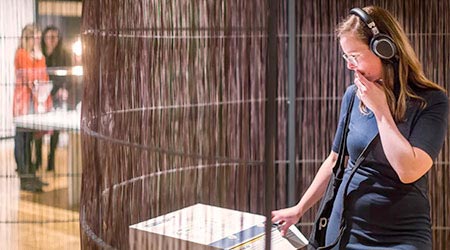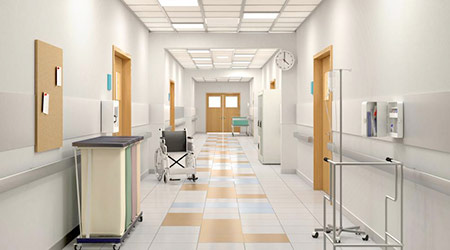
Sound Effect: New Design Addresses Alarm Fatigue
June 1, 2018
Nineteen of 20 hospitals surveyed reported that the constant alarms of hospital technology are a potential threat to patient safety, according to an article on the Fast Company website.
When alarms sound for minor, non-emergency issues, healthcare providers can become desensitized. The added stress of the hospital’s noise also can make sick people sicker.
A new system monitors patients’ vital signs — including heart rate, blood pressure, and blood oxygen saturation — with pleasant-sounding melodies instead of alarms.
To untrained ears, Man Made Music’s system sounds like the kind of ambient noise or peaceful muzak often heard in a spa, with a low hum and bright, happy notes layered on top. But concealed within the music is a sonic data system based on two tones. A lower base tone indicates a patient’s heart rate, and a higher tone representing blood oxygen saturation. The smaller the interval between the two notes, the more likely it is that a problem exists with a patient’s oxygen levels. To represent blood pressure, a cooing, bird-like sound goes from low to high, the article said.
“Right now, alarms are only designed to do two things: to scream for attention, which stresses patients out, creates cortisol reaction in the body, and makes them sicker,” says Joel Beckerman, the founder of Man Made Music. “And the second thing it’s designed to do is prevent device manufacturers from getting sued. So all the devices scream as loud as they can for the smallest thing, specifically to get through the (U.S. Food and Drug Administration). It’s putting the device at the center of the picture rather than putting the patient at the center.”
This Quick Read was submitted by Cathryn Jakicic, Healthcare Industries Editor, FacilitiesNet. For more about hospital campuses and other medical facilities, visit https://www.facilitiesnet.com/healthcarefacilities.
Next
Read next on FacilitiesNet












